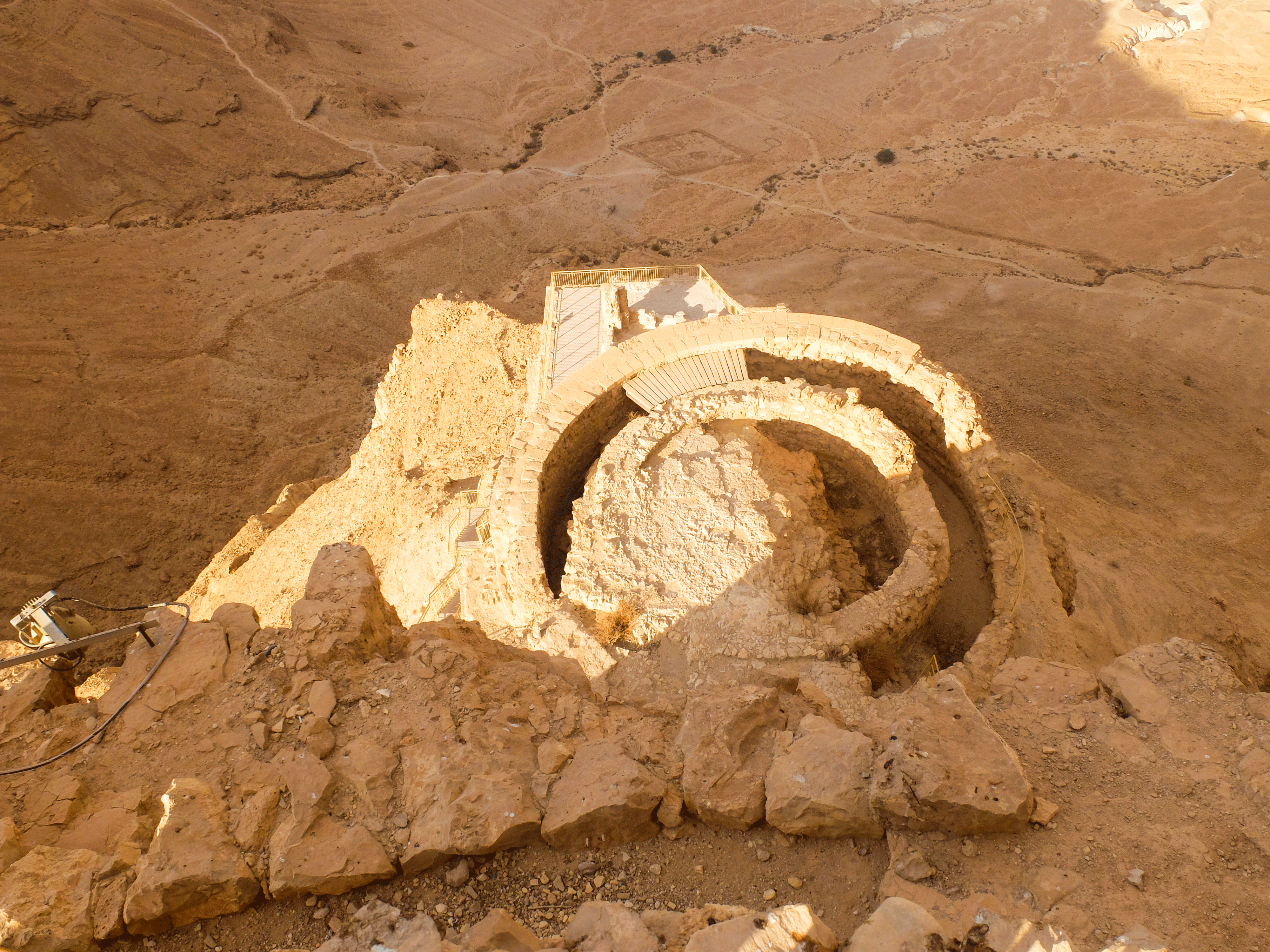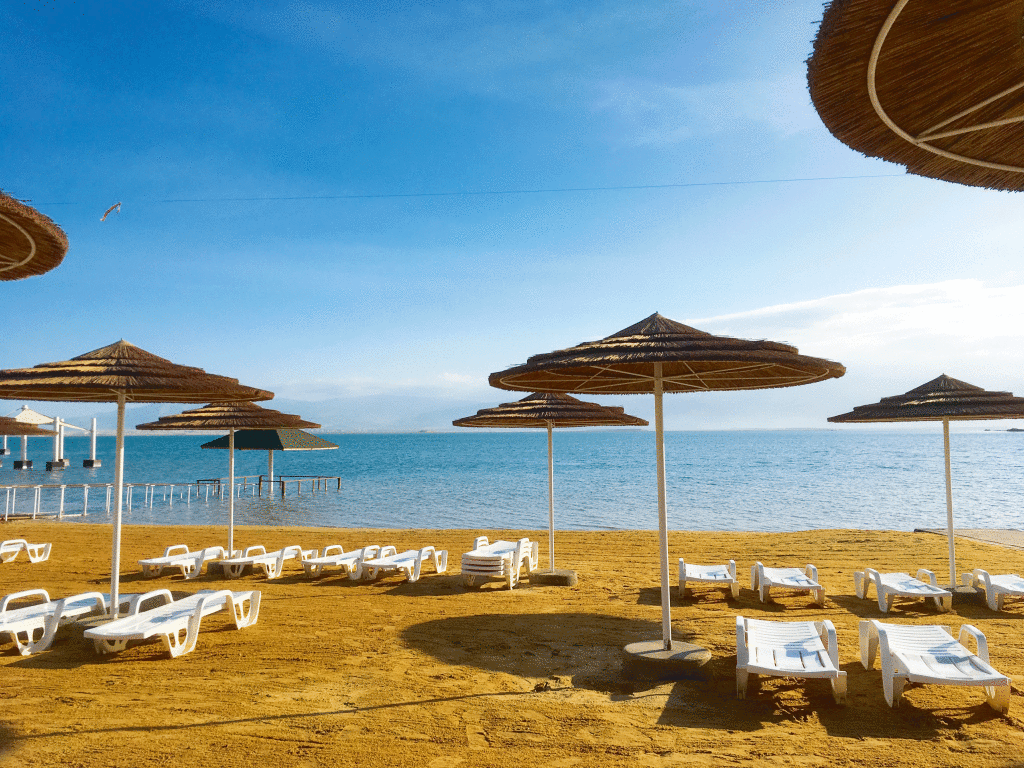By Pinky Icamen
Photography by Ramon Joseph J. Ruiz
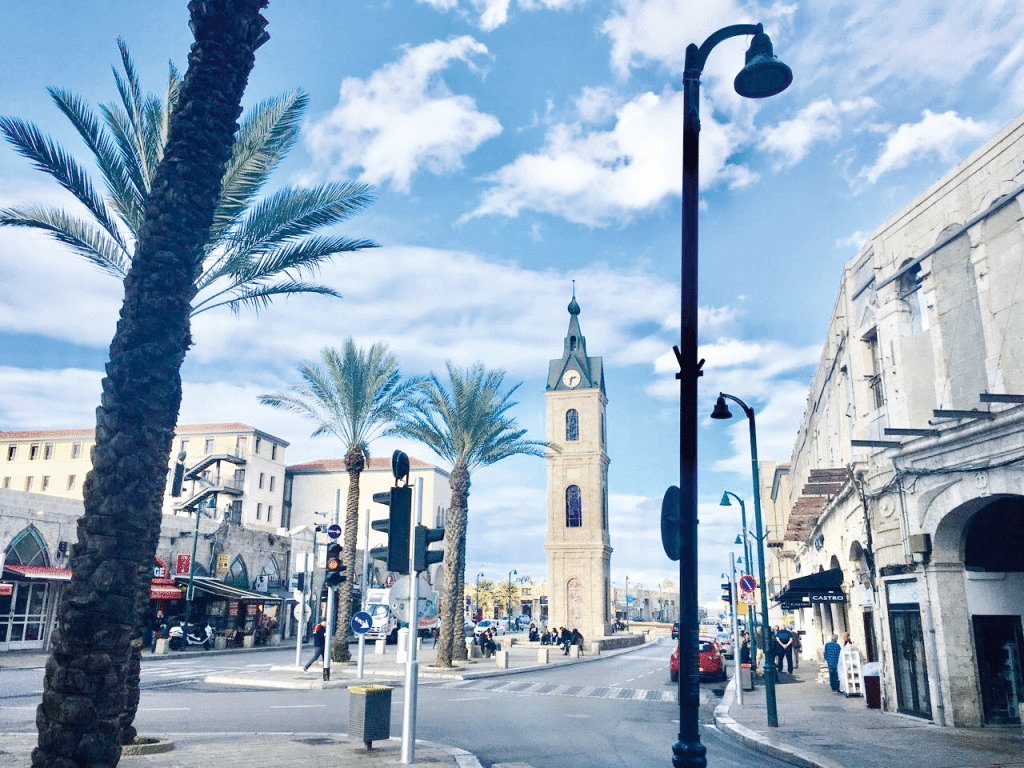
As one sets foot in Israel, a country overflowing with culture, history and diversity, one can hear its heartbeat like a hypnotic incantation that seeps into the soul and lingers in the mind.
Embraced by a unique energy, Israel is so magical. Even long after one who has embarked on a journey to this country is already somewhere else, say, in a chaotic urban jungle, one is still often visited by the vivid memory of its magnificent treasures.
Home to eight million people, Israel is made more fascinating by how it intertwines thousands of years’ worth of history with modern-day life. This is evident in many forms including architecture, fashion, food, technology and art. It is also important to note that this land of living history is the birthplace of many technological innovations like the traffic navigation app, Waze, and today’s office staple, the USB flash drive.
Though ancient history abounds in Israel, it has only been almost 70 years since it was established as a state. It has seen conflicts that are mostly related to religion but because of these, the country has developed one of the world’s top-notch security forces to protect its people and tourism, which is said to be the backbone of its economy.
Millions of tourists, including Filipinos, flock to Israel for its world-renowned attractions and sacred destinations. In fact, in the recent report by the Israel Ministry of Tourism, there was a record-breaking 62-percent increase in Filipino tourists who traveled to Israel in 2017. Many Filipinos visit Israel because, aside from being visa-free for Filipinos, it is important for them to take the journey to the land associated with Christ’s life, death and resurrection.
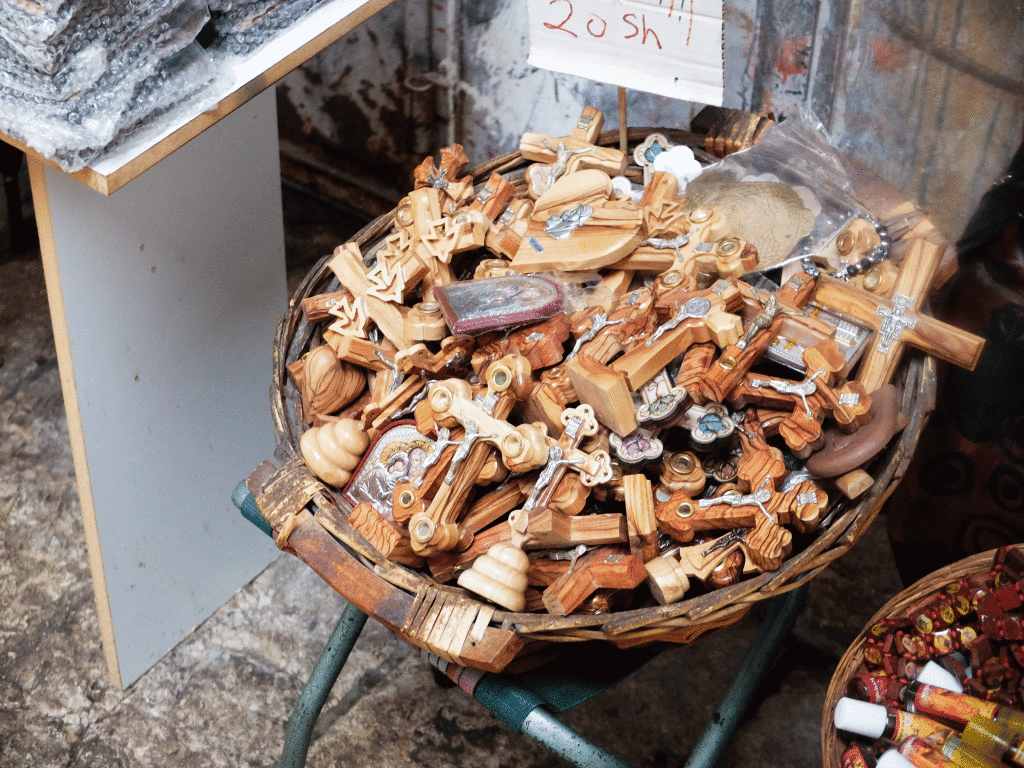
Jerusalem
Beyond its successful religious tourism, Israel boasts a thriving art scene, cultural hubs and vibrant nightlife.
In Jerusalem, which is probably the most visited site in Israel because of its Old City, one can marvel in the 50-year-old Artists Colony, a complex of artists’ and designers’ workshops and galleries at the foot of the Old City’s Jaffa Gate. There, traditional and antique crafts stand harmoniously alongside modern and contemporary art.
Also in Jerusalem, one can find the bustling Mahane Yehuda Market. In this marketplace also known as “The Shuk,” one can find herbs, spices, traditional snacks like falafel, bourekas (puff pastry) and rugelach, halva (a crumbly confection made of tahini or sesame paste) and a bounty of freshly squeezed pomegranate juice.
When one visits Mahane Yehuda Market, get ready to be stuffed with delightful treats as vendors are generous in giving out samples of food items that they sell! (This gesture is telling of Israeli culture — people, in general, love to share. They are open to sharing their country’s rich history with tourists, or even just the curious. This is seen in markets, on the streets or in places of worship.) Also, in this marketplace, standing alongside the authentic and traditional stalls are jewelry stores, souvenir shops, bars, modern restaurants and even micro-breweries — a hit with the younger set of locals and tourists alike.
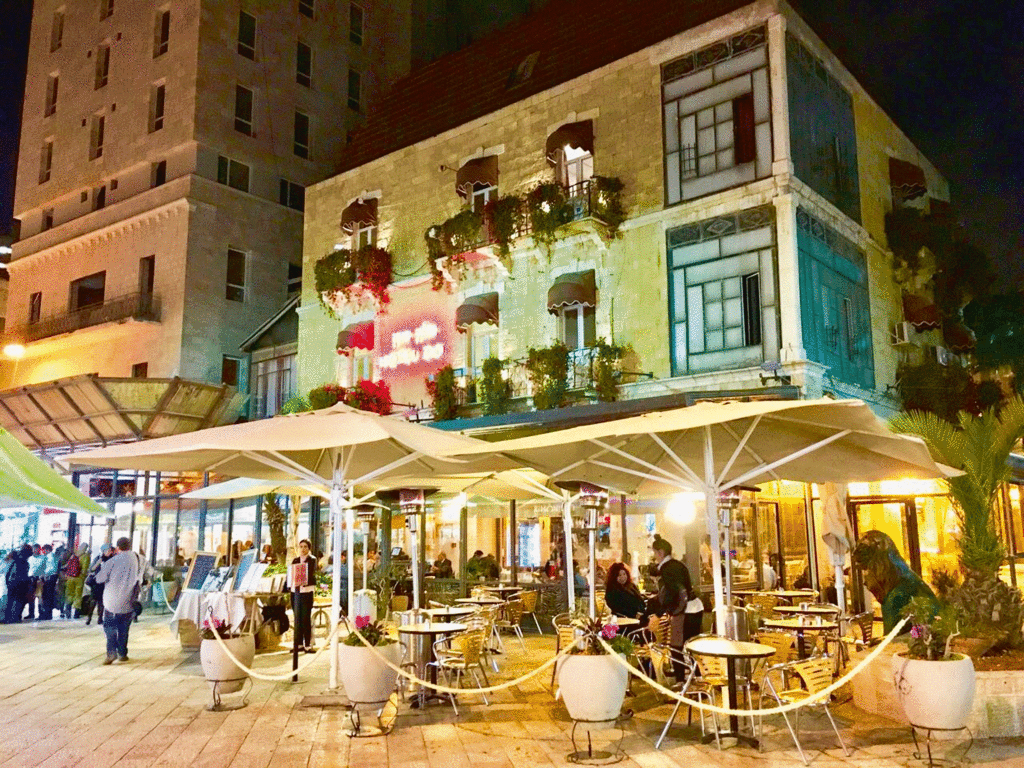
Masada & the Dead Sea
It is easy to fall in love with Israel as it reveals itself as a majestic portrait of nature. Just more than an hour’s drive from Jerusalem, through the Judean Desert, is the Dead Sea, known to be the lowest place on earth. But before basking under the sun or having a mud treatment on the Dead Sea, it is a must to visit the ruins of the ancient desert fortress in the sky — Masada, a UNESCO World Heritage Site.
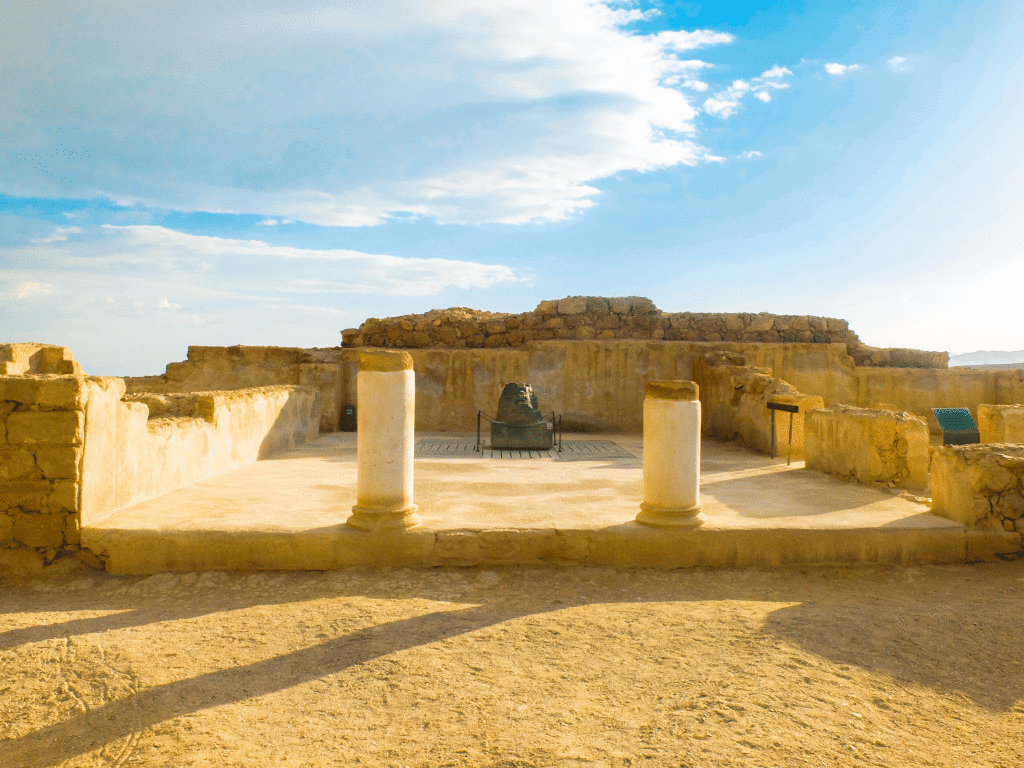
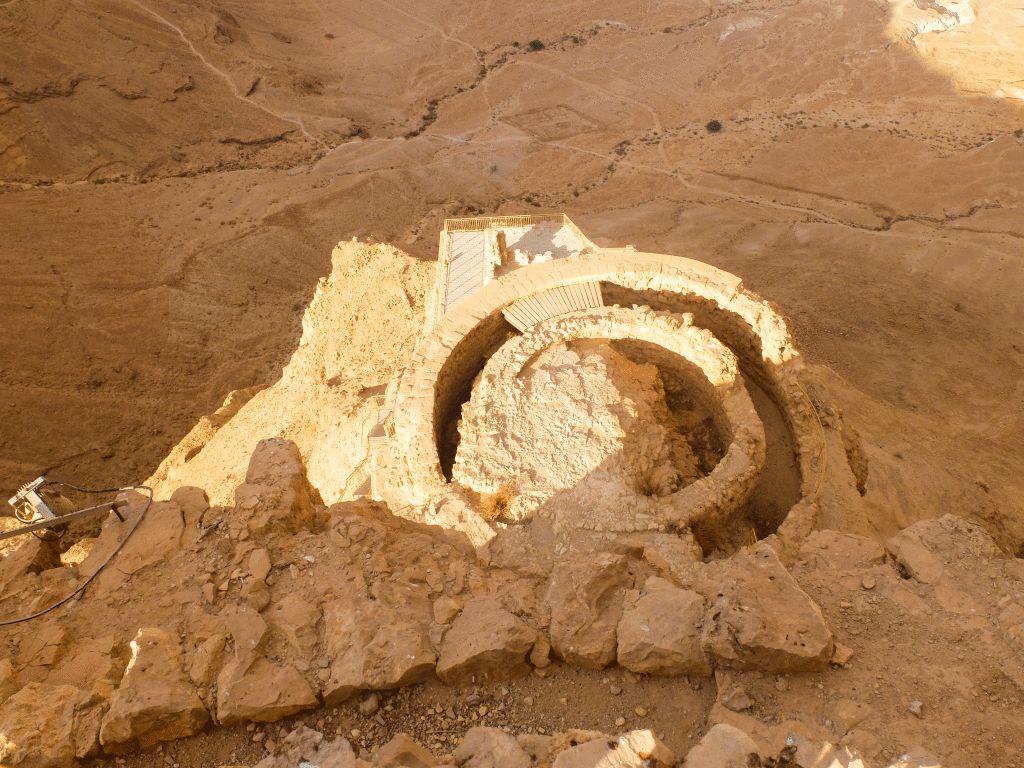
It was said that King Herod the Great built Masada in the late 30s BC. As explained by our able guide Sharon Pelleg, King Herod chose this site to be a refuge for his family and army against his enemies because of its strategic advantages. (It is on the eastern fringe of the Judean Desert, near the Dead Sea). Here, he built luxurious palaces, well-stocked storerooms, cisterns and bathhouses. One can only imagine how lavish this fortress/winter palace was back in the day. Today, the ruins of Masada add to the magnificence of the breathtaking, picture-perfect vistas of the Dead Sea and the Judean Desert.
As Masada is 1,500 feet from the level of the Dead Sea, one may take an hour-long hike (depending on one’s pace) or a three-minute, $8-cable car ride to get to the top. A few minutes’ scenic drive south of Masada is where Dead Sea’s world-class hotels and spa facilities are. The hotels there, which are just a walking distance from the beach, mostly have an unobstructed view of the hypnotic cobalt blue waters of the Dead Sea that are said to have healing powers for the body (and the soul).
Float in the tranquil waters of the Dead Sea and never miss the mud bath there, too. One may also experience the wonders of the Dead Sea indoors as some hotels in the area like the Isrotel Dead Sea Hotel have salt-water pools and offer the popular mud treatment to staying and walk-in guests.
Tel Aviv
Yes, Israel is a country with unrivaled natural wonders. But one must not skip Tel Aviv, Israel’s cultural, commercial and financial center located on the country’s Mediterranean coastline.
In the southern part of Tel Aviv sits the charming ancient port city of Jaffa, which is related to the biblical narrative of Jonah and the Whale. This picturesque area is considered the oldest part of Tel Aviv. It is known for its restored sandstone buildings, antique shops and its famed Old City, which is a cultural hub for many jewelry makers/designers, thespians and contemporary artists.
One of the iconic landmarks inside Jaffa’s Old City is renowned Israeli artist Ilana Goor’s eponymous museum that houses her eclectic artworks, unique pieces of sculpture and massive art collection. This museum’s 18th-century building evokes an enigmatic energy, so mesmerizing with its stunning views of the Mediterranean Sea.
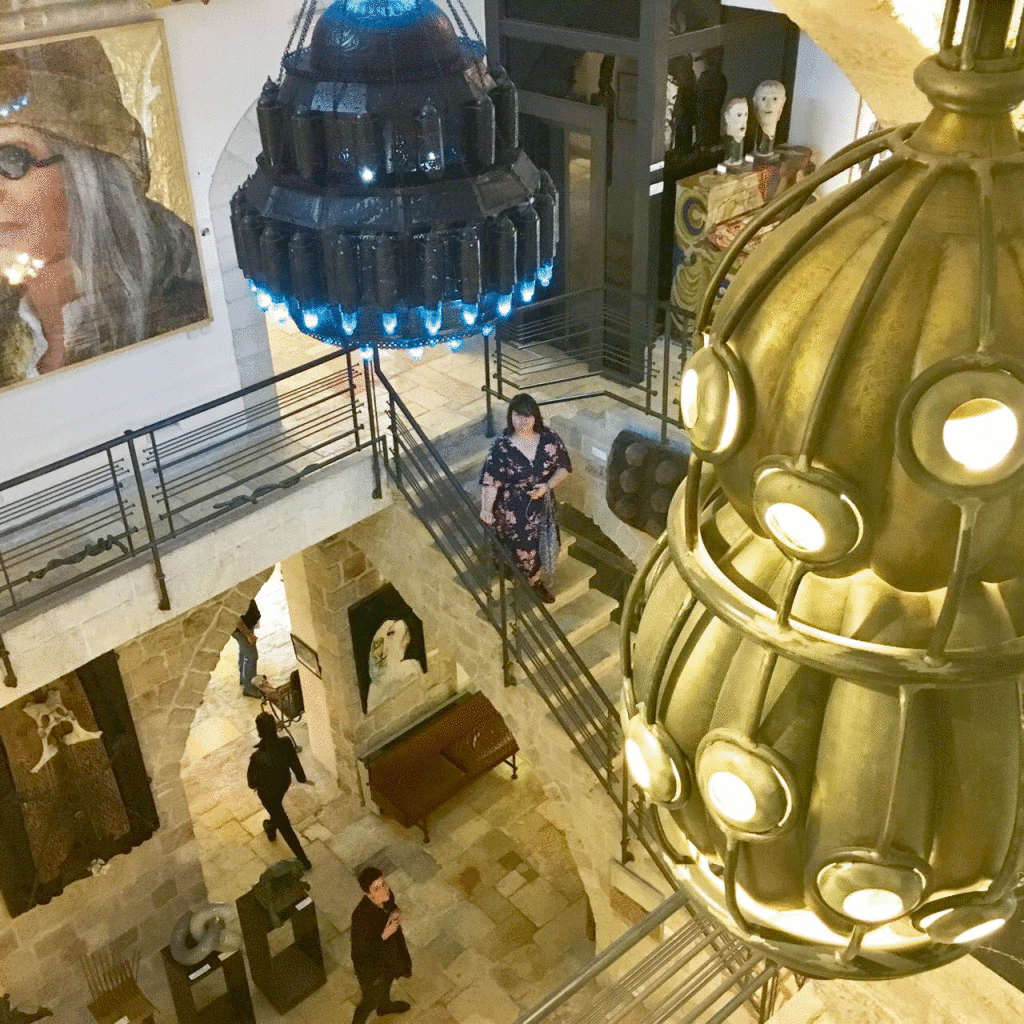
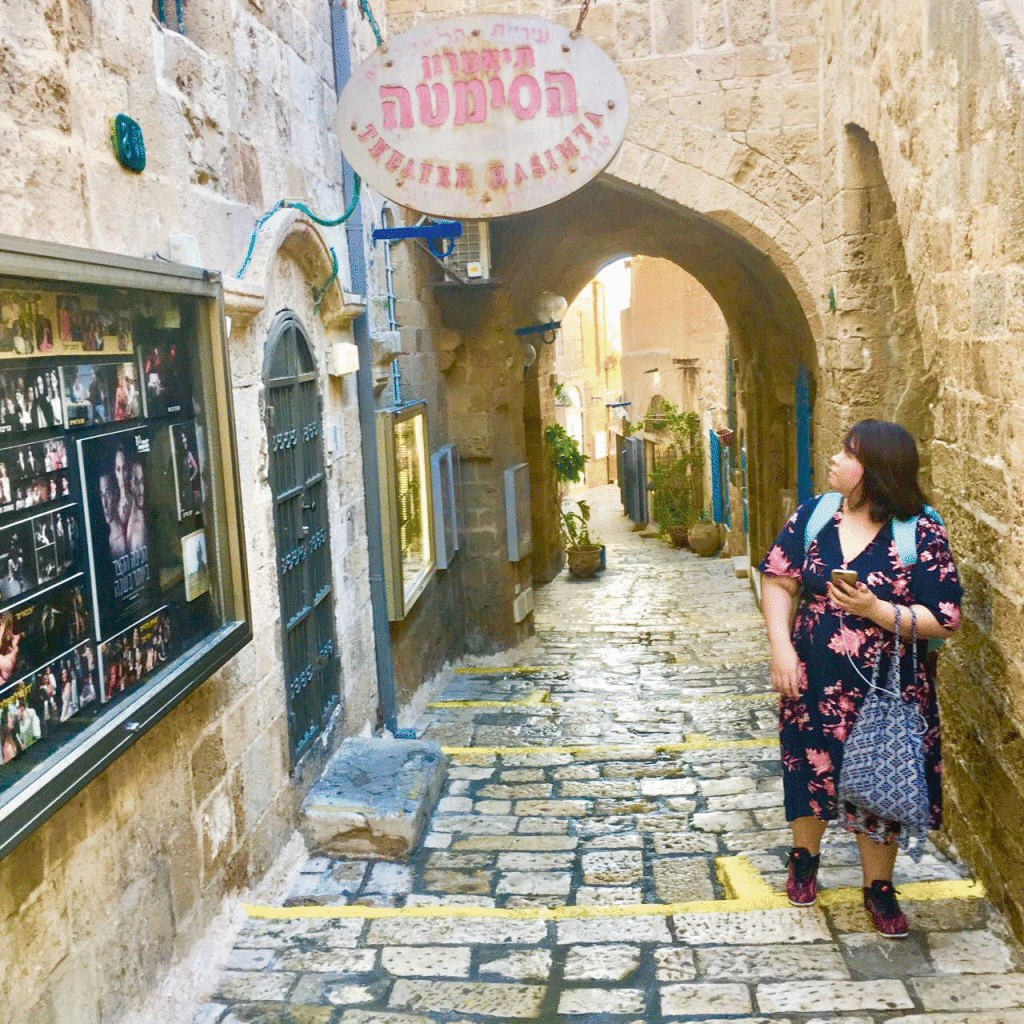
of the sandstone alleyways in Old Jaffa;
Aside from Jaffa, Tel Aviv has more than 70 neighborhoods with different characters. Explore these neighborhoods on foot by day and at night to see parts of the city come alive with its nightlife and restaurant scene.
Stroll the popular tree-lined Rothschild Boulevard along the city’s fashion, commercial and financial centers. Some of the city’s most popular nightspots and restaurants dot the area of this iconic boulevard, like the trendy bar and lounge, Jimmy Who?, and the underground bar, Kuli Alma. Not far from the happenings on Rothschild Boulevard is the tapas and wine bar Vicky Cristina, located at the heart of a renovated old train station in Tel Aviv called Hatachana.
Tel Aviv’s appeal comes from a pattern that is noticeable even in other places in Israel: the past co-exists with the present. One example is how the 1930s Bauhaus buildings line the city’s landscape together with the restored and more modern structures within the city. Traditional art and contemporary art are also showcased side-by-side through exhibitions and street markets like the 29-year-old Nahalat Binyamin Arts and Crafts Fair, where one can admire the impeccable works of artisans.
As one embarks on a journey back to one’s homeland, there is always a lingering memory of Israel’s magnificent treasures. Its awe-inspiring attractions and spellbinding natural beauty give birth to a profound force that brings one to genuflect before the splendor of God’s creations.
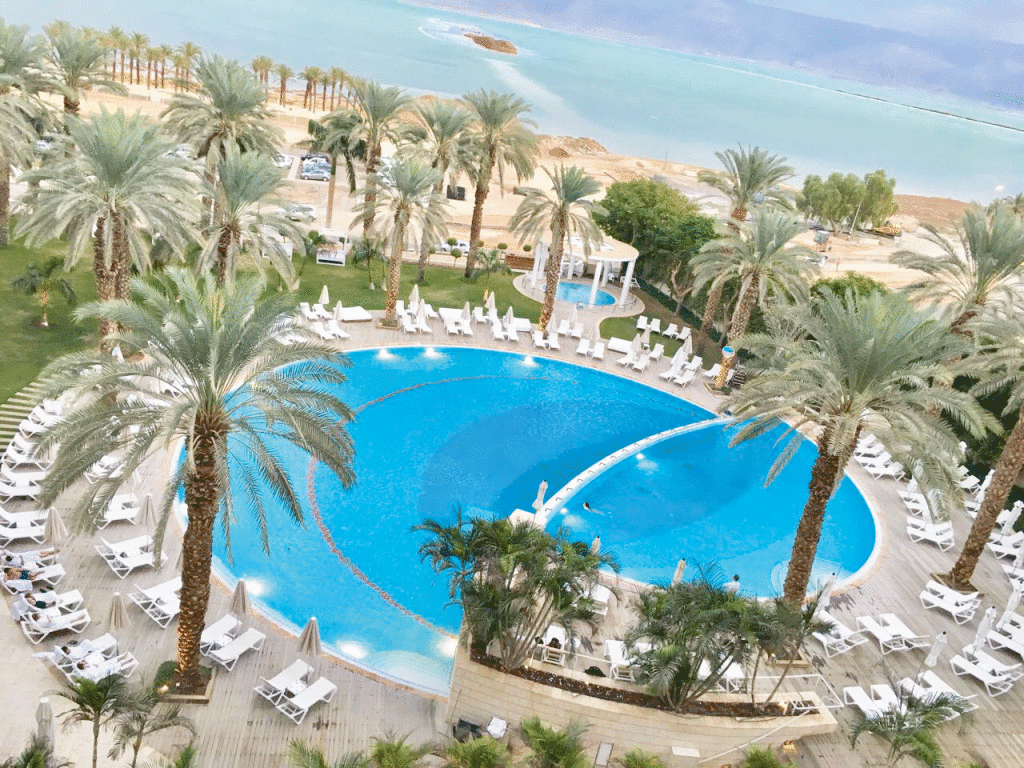
Special thanks to the Israel Ministry of Tourism. For more information, call (632) 883-9550 or email Marketing-ph@goisrael.gov.il or visit www.goisrael.com

